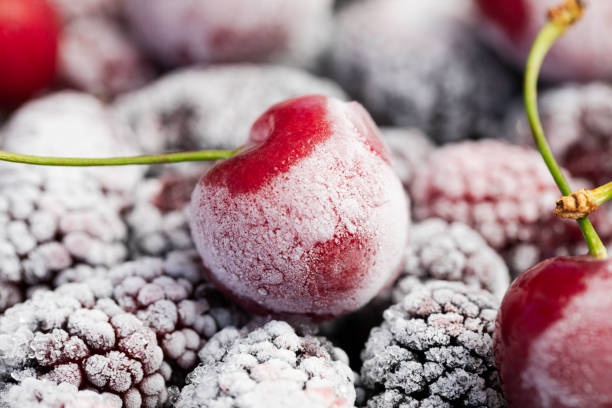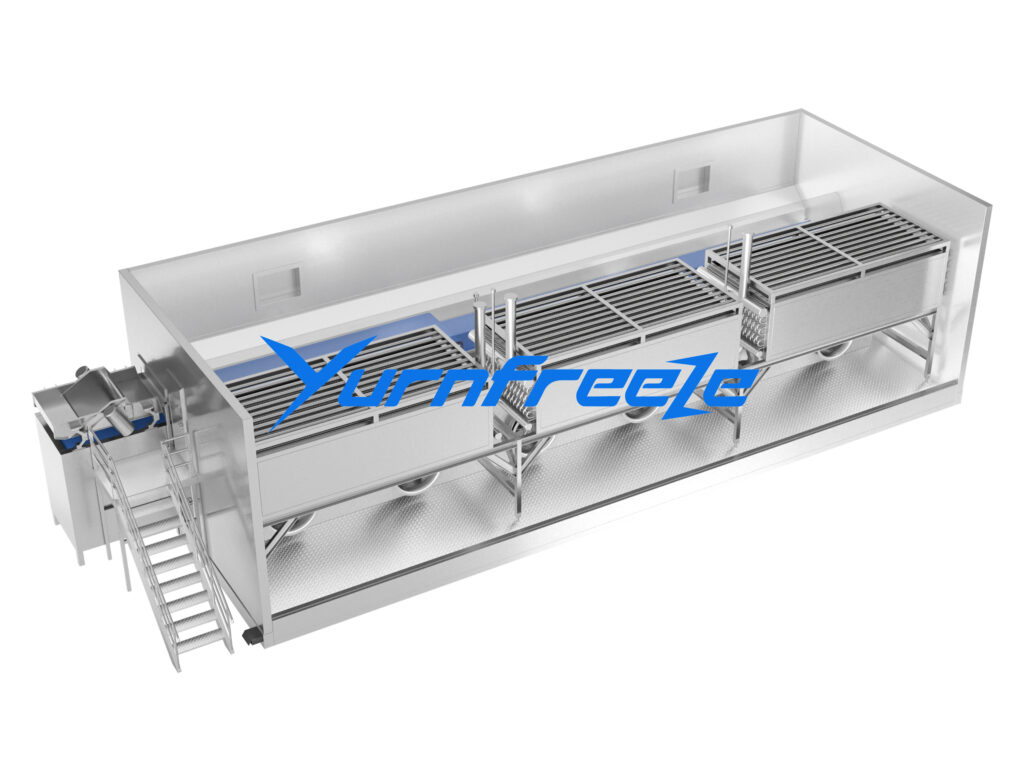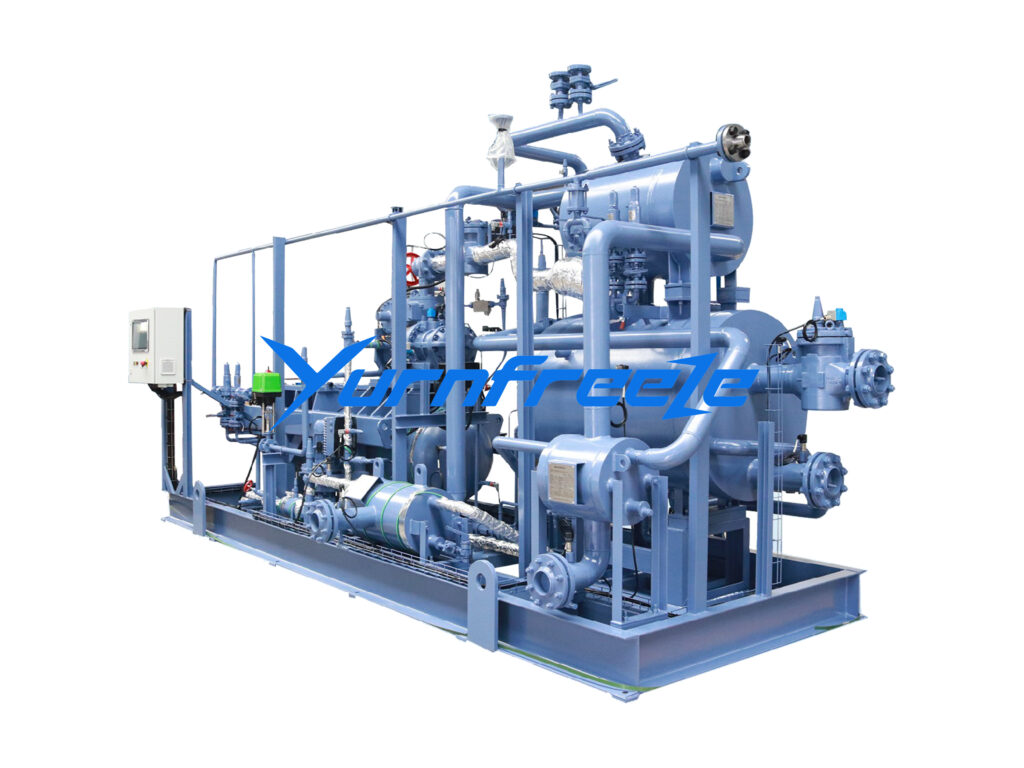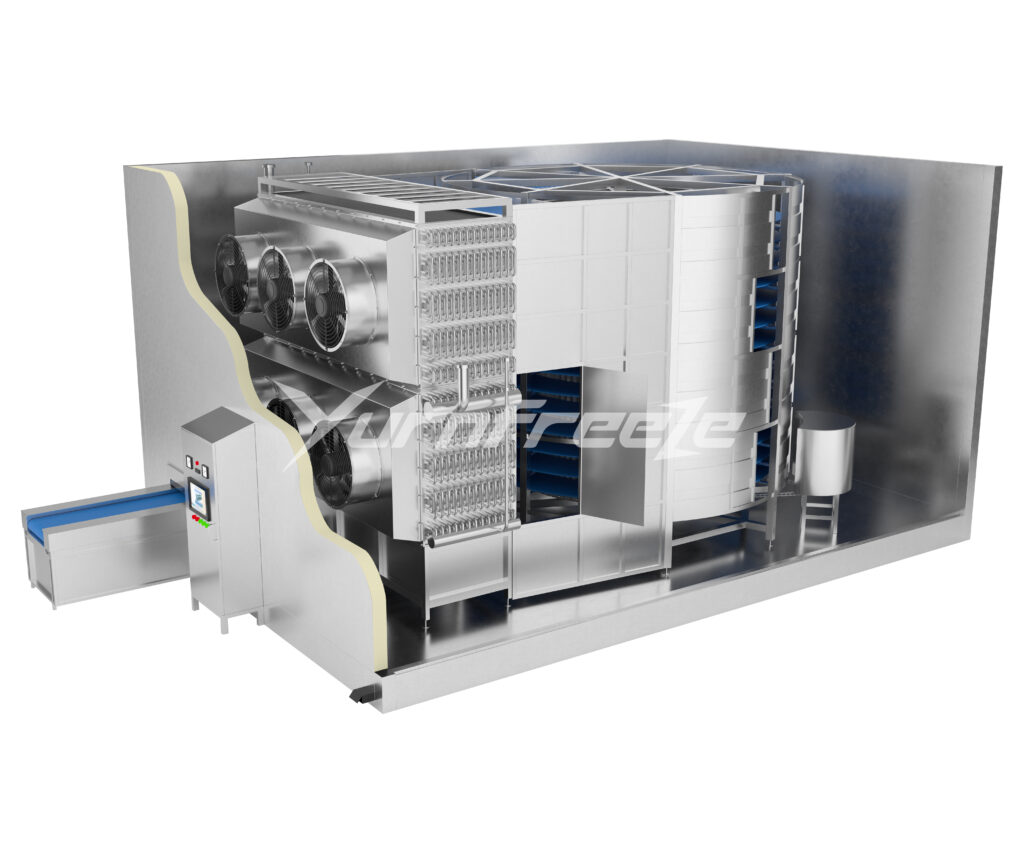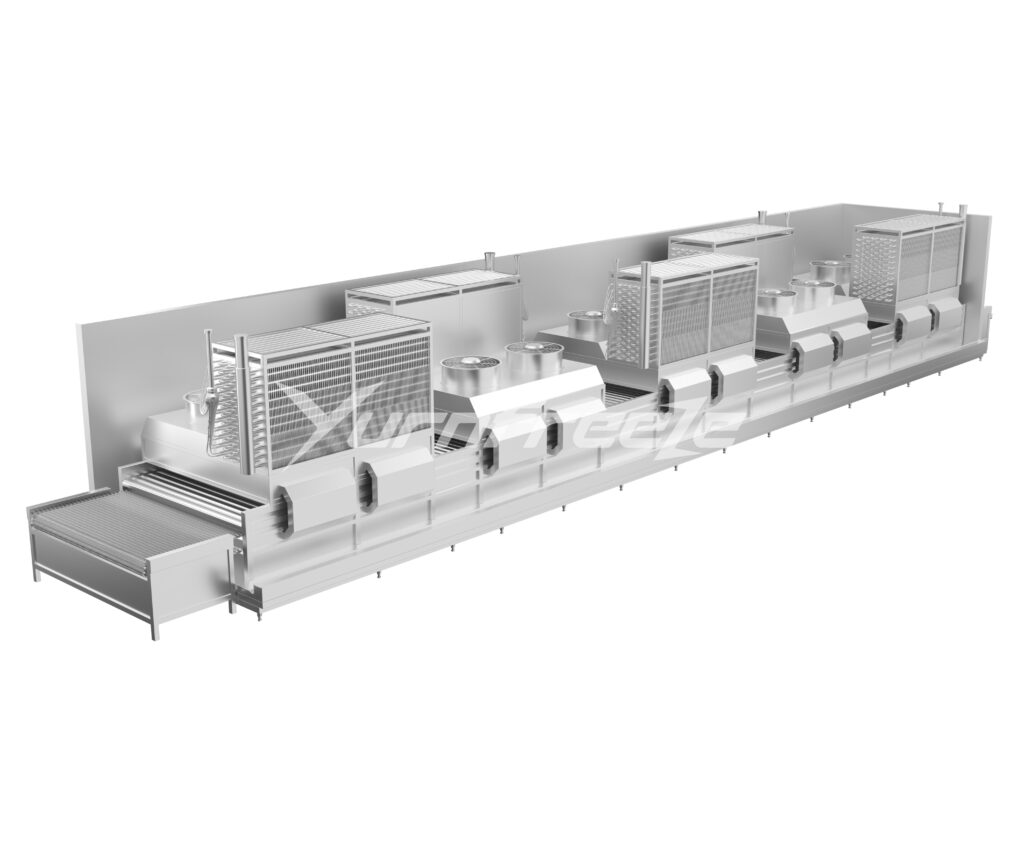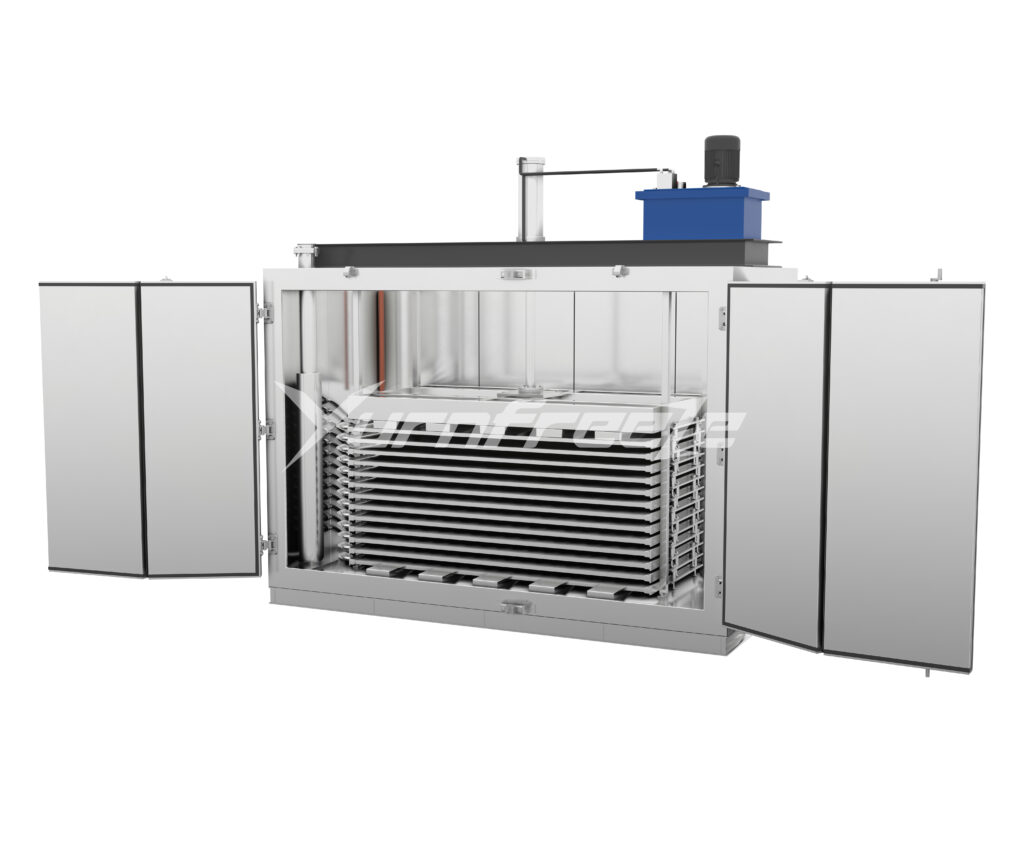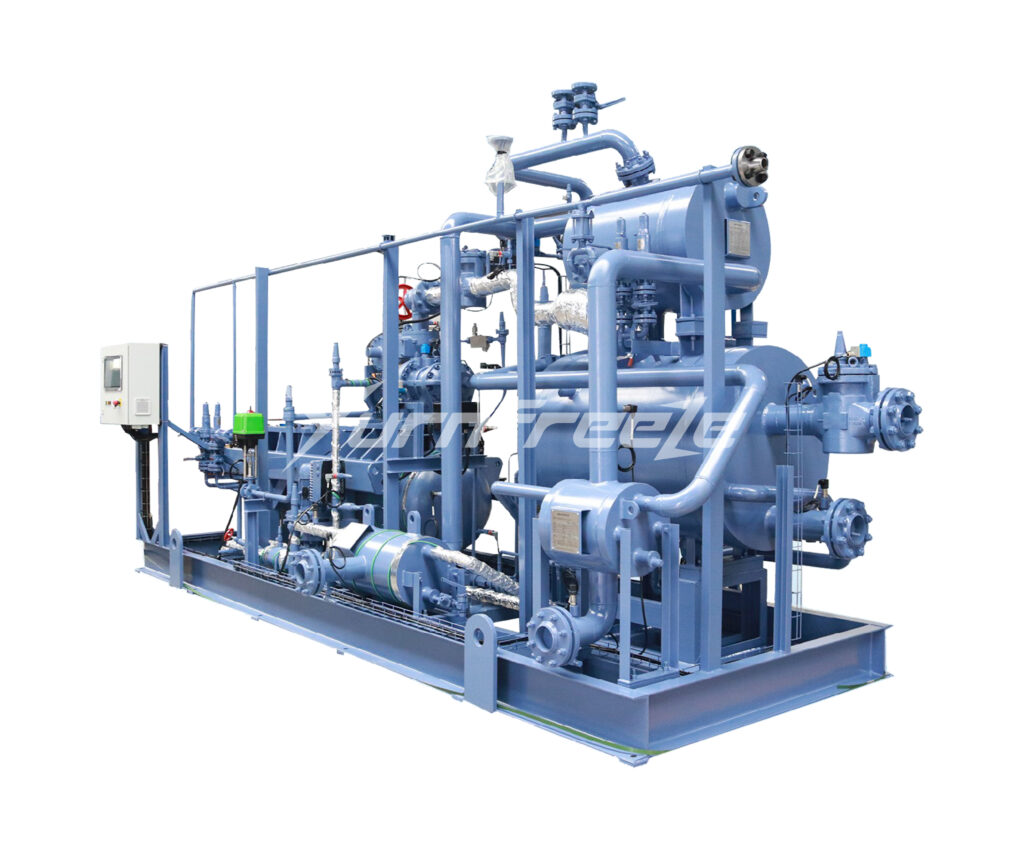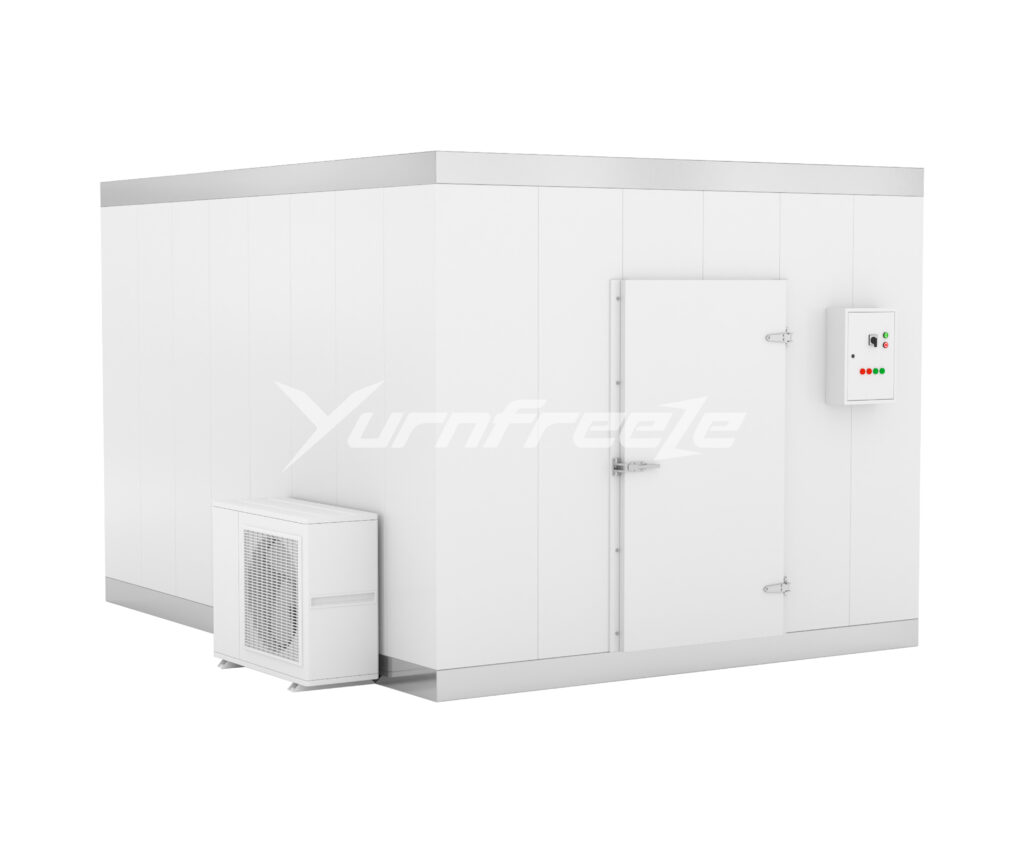All fresh ingredients, from nature to the final table, are inseparable from an intermediate link – cold storage. Cold storage is a vital part of cold chain logistics, and the total amount of cold storage in my country is growing at a rate of more than 10% every year.
Automated cold storage is the trend of the future, there is no doubt about it.
Except for the smallest warehousing business enterprises, most companies can now afford to use robots and artificial intelligence technology to optimize the entire logistics process.
Driven by factors such as increased labor and customer demand, many companies are now considering a comprehensive adjustment of their operations, trying to completely solve the cost problem with a comprehensive one-stop automation approach.
However, although this will bring higher returns to some large companies, for others, it may expose themselves to some unnecessary risks.
PART-01
Financial considerations
From a financial perspective, a phased approach to automation can reduce upfront capital investment, which is beneficial for startups and companies in the rapid growth stage. Not only can you see a return on investment early on, but it can also provide funding for subsequent automation stages.
Even if capital funding is not an issue, there are significant risks in taking a “one-step approach”. Automation is bound to have some teething problems, and even well-planned and top-quality equipment rarely runs smoothly immediately after deployment, which can lead to lost sales and reputation damage.
Therefore, rather than operating the entire operation in a huge sandbox, it is better to implement it in phases. This allows time to define and understand new processes while training employees at all levels to maintain and use the equipment.
PART-02
Automation in stages
However, “phased” does not mean “piecemeal”. Phased and all-in-one approaches essentially have the same end goal, but different methods.
First, obviously, companies need to know their goals and needs. Whether automation is necessary depends on the growth stage of the company.
Second, companies need to understand the process of automation from start to finish, including which links cannot be automated, the biggest challenges and the most serious pain points of automation. After all, trying to optimize a process that is already running very smoothly usually brings downside risks.
PART-03
Scalability considerations
But automation plans can’t just address short-term problems. Companies may need to consider the scalability of automation—for example, whether automation equipment can be expanded later by leasing more units, or whether this requires large-scale upgrades to warehouse racks and other physical environments.
Planning also needs to consider the speed of technological change. The pace of evolution in areas such as automation is very fast. There is no shame in buying last year’s model if it does the job, but equipment and systems may become “obsolete” faster than expected, or worse, difficult to maintain.
This means that some steps in the automation roadmap may need to consider replacing or upgrading equipment purchased earlier. Therefore, it becomes critical to work with reputable suppliers and integrators for continuity planning.
PART-04
Technical considerations
Then there’s the question of installation.
Even fairly modest automation implementation steps may involve the selection of systems and equipment from multiple manufacturers and suppliers, and will require a degree of integration, both with each other and with existing equipment and systems.
While “plug and play” is a much-touted term, beware of sales traps, as this perfect fit is hard to find and achieve in real-world cases.
It is therefore important to find a reliable, independent integrator with the necessary technical capabilities and in-house software skills to successfully deliver the project within several planned phases.
Our cold storage:Cold Storage Room and Parts – Elephant Food Coldchain Co., Ltd (elephantelf.com)

